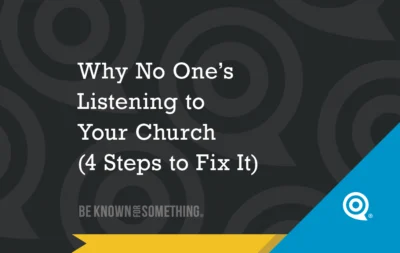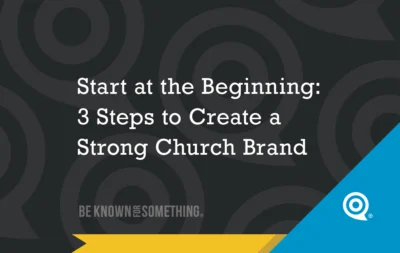
Did Jesus have a brand? (Spoiler: Yes. Your Church should too)
If you think branding is too corporate for the Church, you’re not alone. Many pastors resist this idea until they
This week I had an out-of-town client visiting from Maine. We see them once a year, so my wife and I treated them to lunch. Near the end of a great meal of catching up, we were interrupted by a phone call.
One you never want to hear. It was the office saying that the Police needed to talk with us. No other information.
My heart leaped as we hastily said goodbye to our visitors. A quick call to the police left us breathless. They had discovered our passports, immigration papers, business contracts and some unused visas with our names on them. Next to our demolished safe, in the middle of a street in the north end of town.
We raced to our home, where police and crime scene investigators walked us through our home that had been ransacked. Clothes scattered over our floors, drawers emptied, closets strewn everywhere. Electronics, jewelry and cash missing.
Through this ordeal, being interviewed by the police, discovering patterns from others in our position, and observing the aftermath, I discovered some interesting things about robberies.
Here’s what I’ve learned:
We now have it all turned over God and to the police. We’re assembling our final list of stolen items (this is harder than we thought since it’s hard to remember what’s in every room, every box, every drawer). Pray with us. We want to feel safe again. And that our robbers are put away for a long time.

If you think branding is too corporate for the Church, you’re not alone. Many pastors resist this idea until they

You’re leading. You’re preaching. You’re promoting. But still… it feels like no one’s really listening. That’s not just frustrating; it’s

Julie Andrews sang it well in The Sound of Music: “Let’s start at the very beginning, a very good place
We'll never spam you. Unsubscribe anytime.
